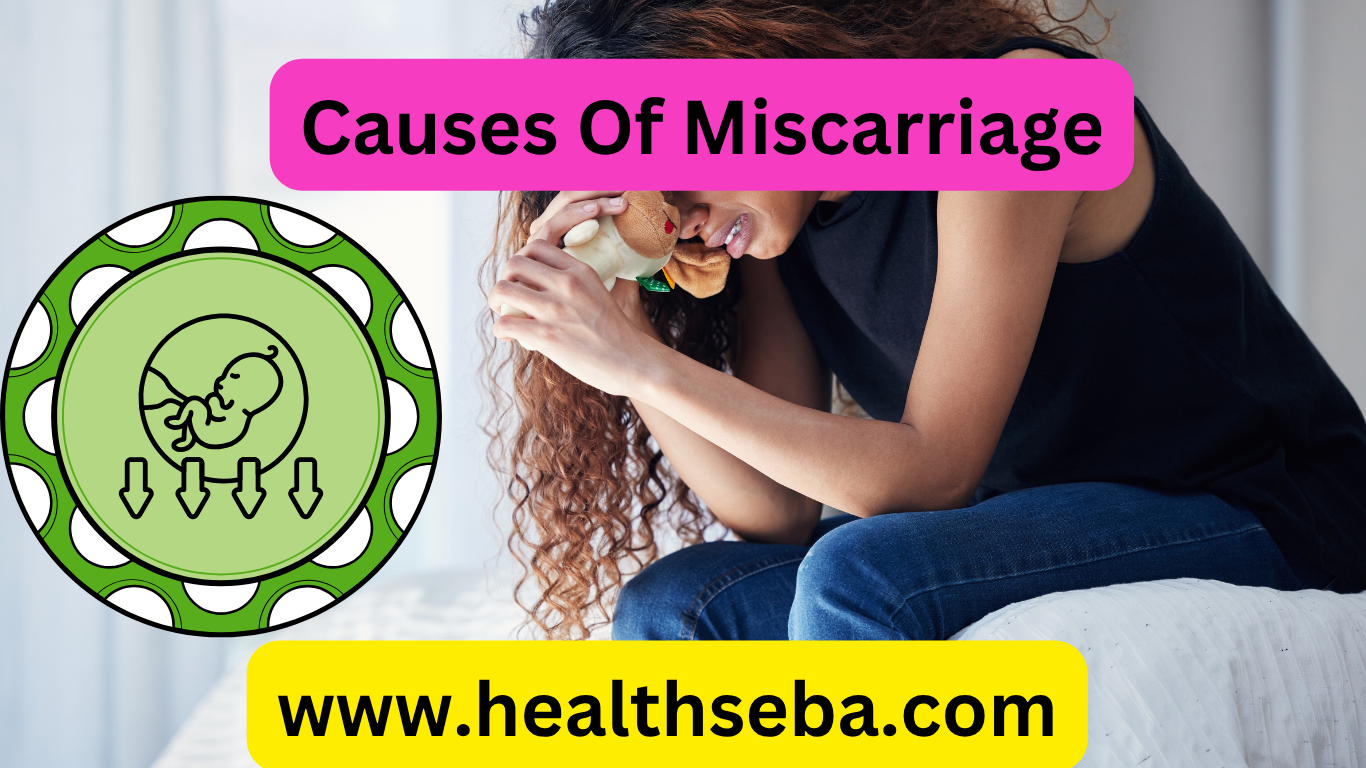What is Typhoid?
It is important for everyone to know about Typhoid Symptoms and Prevention. Typhoid is a bacterial disease caused by the Salmonella Typhi bacteria. It usually enters the body through contaminated water and food. It starts with fever, but if left untreated, it can damage different parts of the body.
What are the Statistics of Typhoid Disease ?
Typhoid fever is a bacterial disease that is widespread all over the world. According to WHO statistics, about 21 million people are infected with this disease every year and 126,000 people die.
1. By drinking contaminated water or food
2. Eating food with unclean hands
3. By coming into contact with the feces or urine of an infected person
4. By eating open street food, cut fruits or unclean ice
What are the Symptoms of Typhoid?
1. Slowly increasing fever (up to 103–104°F)
2. Headache
3. Abdominal pain or diarrhea/constipation
4. Loss of appetite
5. Severe weakness and fatigue
How is Typhoid Diagnosed?
The following tests are done as per the doctor’s advice:
1. Widal Test
2. Typhidot Test
3. Blood Culture – the most reliable test
How to Treat Typhoid
1. Take antibiotics as per the doctor’s instructions
2. Get enough rest
3. Drink plenty of water, soup, ORS
4. Maintain cleanliness
What to do if you have Typhoid?
1.Go to the doctor quickly, do not take medicine on your own
2.Complete the course of antibiotics prescribed by the doctor
3.Eat more fluids and light meals
4.Wash your hands before handling food
5.Use separate utensils from the infected person
6. Avoid eating outside
Typhoid Disease – FAQ
1. What is Typhoid and what causes it?
Typhoid is a bacterial infection caused by Salmonella Typhi. It spreads mainly through contaminated food and water, especially when proper hygiene is not maintained.
2. What are the main symptoms of Typhoid fever?
Common symptoms include high fever (up to 103–104°F), headache, abdominal pain, diarrhea or constipation, weakness, and loss of appetite.
3. How does Typhoid spread from one person to another?
Typhoid spreads through contaminated water or food, eating with unclean hands, and contact with the feces or urine of an infected person.
4. How can Typhoid be prevented?
Drink safe and clean water, wash hands properly before eating, avoid street food and cut fruits, and maintain good hygiene practices.
5. What should I do if I get Typhoid symptoms?
Visit a doctor immediately, follow prescribed antibiotics completely, take plenty of fluids, eat light meals, and avoid self-medication.
Related Posts

Chemical Hazards
Introduction Clinical biochemistry laboratories rely on acids, alkalis, solvents, and…